The Kim Il-Sung International Friendship Exhibition has a gift shop. Walk up to a huge, windowless concrete complex in the middle of the woods. Put dingy surgical covers on your shoes. Leave all personal belongings at a security station. Pass through a single, structurally questionable metal detector manned by no fewer than six military personnel. Then spend two hours touring room after room stocked with gifts given to the Great Leader by international envoys from a surprisingly broad range of countries.
There’s an iPad from a Chinese electronics manufacturer. An elephant tusk from Robert Mugabe. An embarrassing amount of embroidered art from American communist groups.
Finally, you arrive at the gift shop. Economic egalitarianism has its limits, apparently. And so do the limited number of things available for consumption: DVD copies of the revolutionary soap operas incessantly played on state-run TV, postcards of Koreans practicing Taekwondo in the forest, warm soda and the like.
I traveled to North Korea in the summer of 2012 to film Juche Strong, my 18-minute documentary investigating the country’s propaganda apparatus. The film is designed to combat some of the most pervasive misconceptions about the country.
North Korean propaganda is generally seen as bizarre, irrelevant fluff. But the truth is that there’s a clear, conscious design underlying the stories told to the Korean people. Yes, the worldview shaped by those stories is simplistic, but it does seem to provide serious spiritual nutrients and a strong sense of purpose for many — if not most — of the subjects of the Hermit Kingdom.
At the center of North Korea’s ideology is the concept of juche, which roughly translates into “self-reliance.” A central aim of juche is the maintenance of racial purity. And the ideology’s racialism is especially vivid in North Korea’s standard depiction of the great Yankee menace — male American soldiers attacking Korean women.
The regime has welded race-based nationalism onto a Confucian social order. Korea’s chief religious tradition puts the patriarch at the center of the family and the family as the key unit of communal organization. The Kim male heirs are presented as caring parents shielding the people from the world’s evils.
Indeed, when I was in North Korea, I was struck by how often propaganda depicts Kim Il-Sung surrounded by children. And he always had a loving smile on his face.
But North Korea’s particular brand of paranoid nationalism doesn’t just draw on unique aspects of the country’s political culture. It also aligns with universal cognitive processes that we use to organize and make sense of the world.
Effective propaganda taps into our hard-wiring. And if North Korea’s truly is working, you’d expect to find some shared concepts embedded in ideological rhetoric here at home. And, of course, we do. The struggle against an all-encompassing evil. The promise of a single sacred leader to guide us to paradise. Warnings against polluting outsiders.
These aren’t exactly foreign concepts in American politics — or religion, for that matter.
Obviously, there’s a world of difference between totalitarianism in North Korea and the campaign stump in, say, Iowa. The point is that the Korean people are, well, people. And they’re just as susceptible as we all are to well-crafted stories told by those looking to gain — or keep — power.
(Editor’s note: Visit robmontz.com to contact the filmmaker and learn more about his work.)
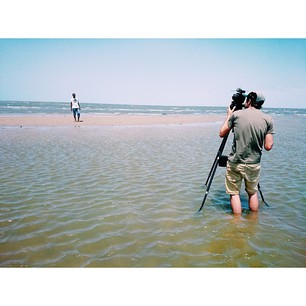

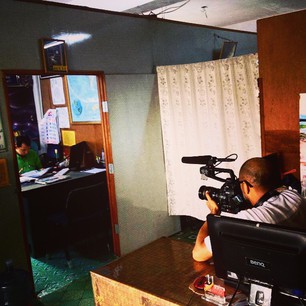

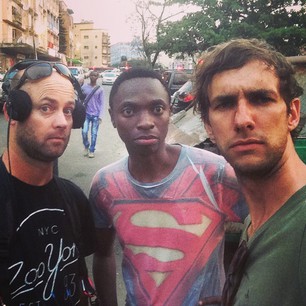
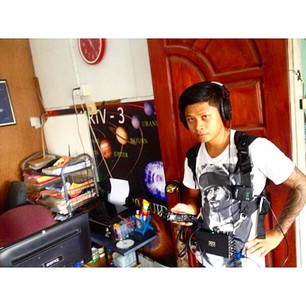

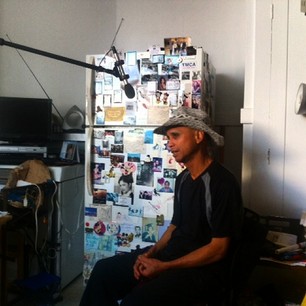
Excellent short account, although I think you somewhat oversimplify the way propaganda works. Propaganda by itself can do little more than obfuscate and confuse. Propaganda working in concert with visible power and will to coerce is another matter.